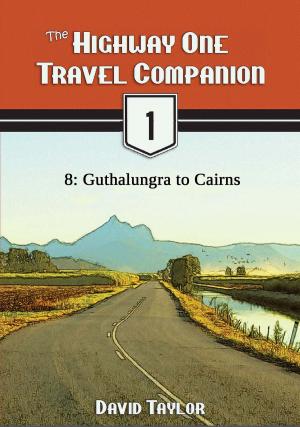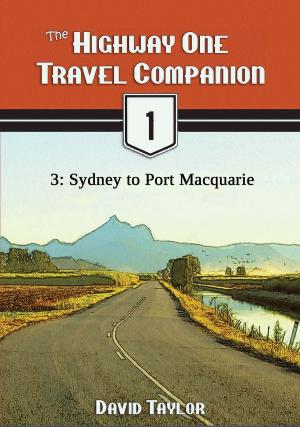| Author: | David Taylor | ISBN: | 9781311113863 |
| Publisher: | David Taylor | Publication: | March 23, 2013 |
| Imprint: | Smashwords Edition | Language: | English |
| Author: | David Taylor |
| ISBN: | 9781311113863 |
| Publisher: | David Taylor |
| Publication: | March 23, 2013 |
| Imprint: | Smashwords Edition |
| Language: | English |
This book will chronicle some fourteen trials from New Brunswick criminal law, 1780s to 1940s, and the verdict is yours.
The exploits of Allan Legere on the Miramichi, and more recently Paul Bernardo, Russell Williams, Robert William Pickton and Luka Rocco Magnotta have stimulated much animated debate on this issue of Capital Punishment, the erstwhile means to the END which was discontinued in Canada only in 1962; the practice apparently ceased in New Brunswick some five years earlier on the 11th December 1957, when Joseph Pierre Richard paid the ultimate price at the Restigouche County Jail. From the available records, his execution was the only one ever to have been carried out in that county. One 19th century writer was quite firmly convinced about which side he supported when he referred to the perpetrator of a most heinous and despicable murder in the following terms:
“Had such a wretch as this escaped
the gallows it would not have been
safe to walk abroad at noon day.”
That case will appear in this book, and the quotation will be seen in its original context.
…In one trial before 1800 the defendant was tried and hanged apparently without even having the services of a defence counsel; furthermore, in those early days Capital Punishment wasn’t reserved only for murder, it was also applied in cases of theft and breaks and enter. There was mention of at least one case in which, for the murder of an infant, a brother and sister were tried, convicted and hanged within 24 hours; that case was said to have been in St. Andrews, Charlotte County. It must have been in the early years of the 19th century, but no specific date or name could be found.
Bearing this in mind, no evidence could be found to show that a woman was ever hanged in New Brunswick. But it is true that in at least one case, presented in this book, Eliza Ward was found guilty and sentenced to be hanged; however, she enjoyed the benefit of a reprieve...
This book will chronicle some fourteen trials from New Brunswick criminal law, 1780s to 1940s, and the verdict is yours.
The exploits of Allan Legere on the Miramichi, and more recently Paul Bernardo, Russell Williams, Robert William Pickton and Luka Rocco Magnotta have stimulated much animated debate on this issue of Capital Punishment, the erstwhile means to the END which was discontinued in Canada only in 1962; the practice apparently ceased in New Brunswick some five years earlier on the 11th December 1957, when Joseph Pierre Richard paid the ultimate price at the Restigouche County Jail. From the available records, his execution was the only one ever to have been carried out in that county. One 19th century writer was quite firmly convinced about which side he supported when he referred to the perpetrator of a most heinous and despicable murder in the following terms:
“Had such a wretch as this escaped
the gallows it would not have been
safe to walk abroad at noon day.”
That case will appear in this book, and the quotation will be seen in its original context.
…In one trial before 1800 the defendant was tried and hanged apparently without even having the services of a defence counsel; furthermore, in those early days Capital Punishment wasn’t reserved only for murder, it was also applied in cases of theft and breaks and enter. There was mention of at least one case in which, for the murder of an infant, a brother and sister were tried, convicted and hanged within 24 hours; that case was said to have been in St. Andrews, Charlotte County. It must have been in the early years of the 19th century, but no specific date or name could be found.
Bearing this in mind, no evidence could be found to show that a woman was ever hanged in New Brunswick. But it is true that in at least one case, presented in this book, Eliza Ward was found guilty and sentenced to be hanged; however, she enjoyed the benefit of a reprieve...















